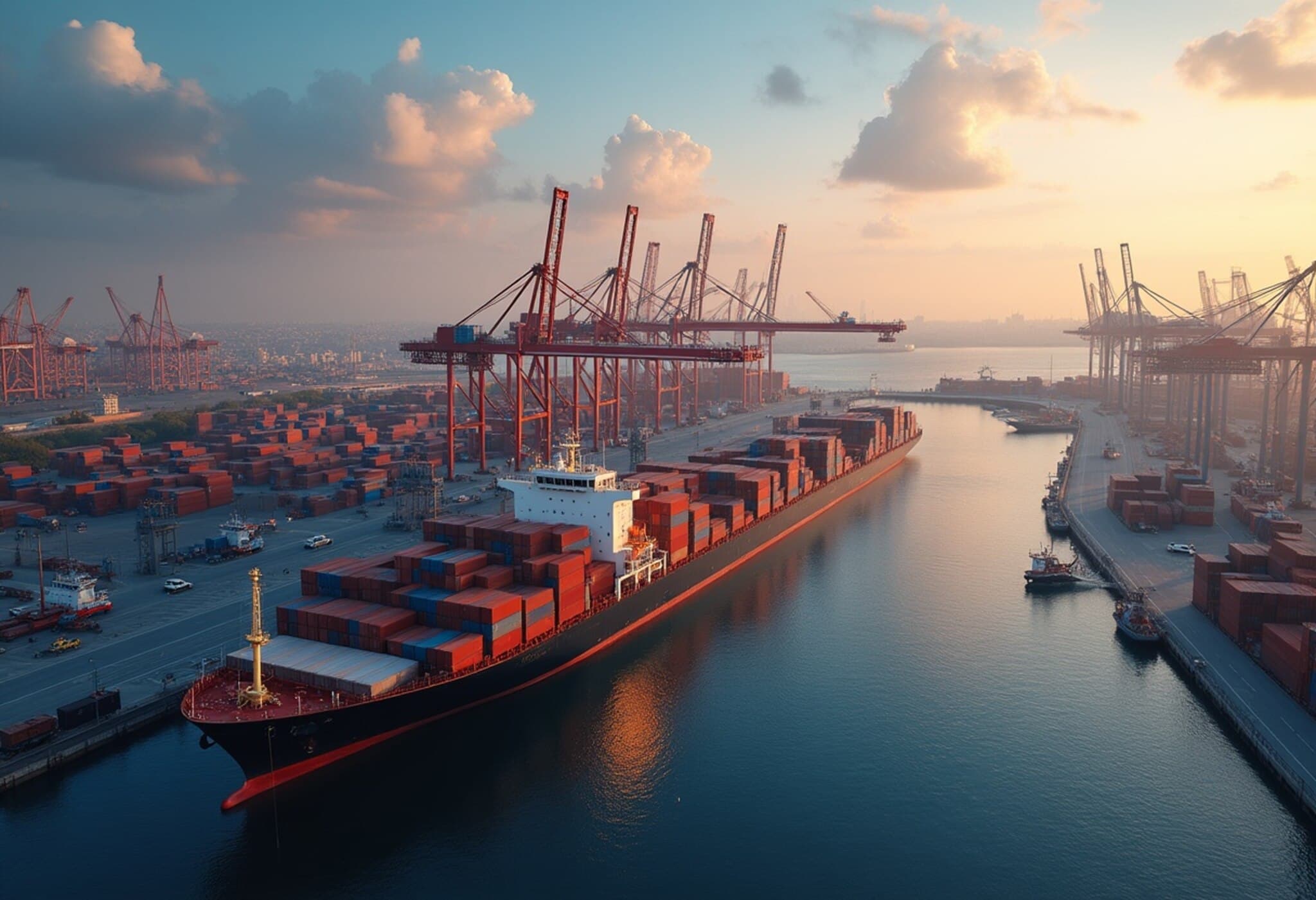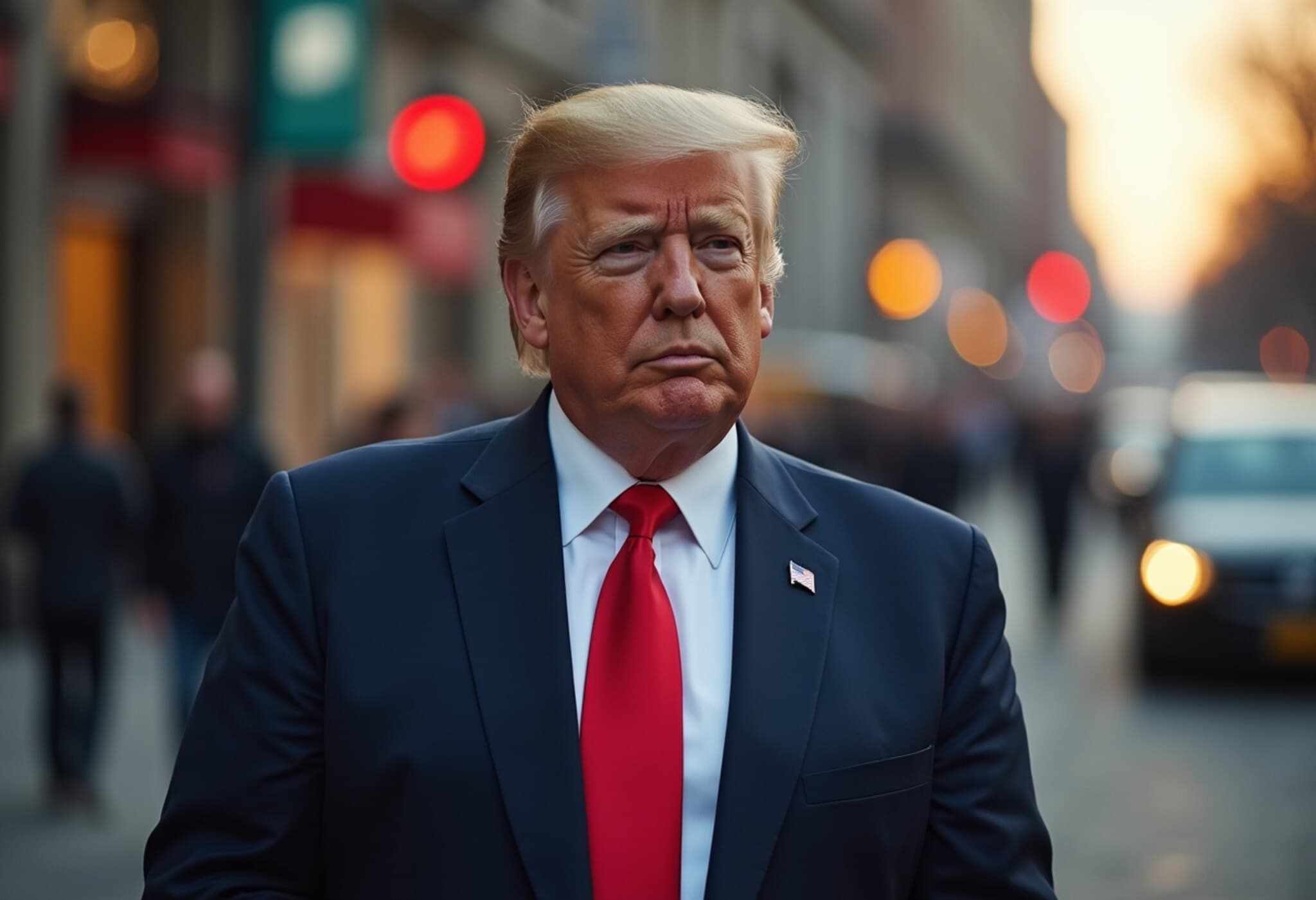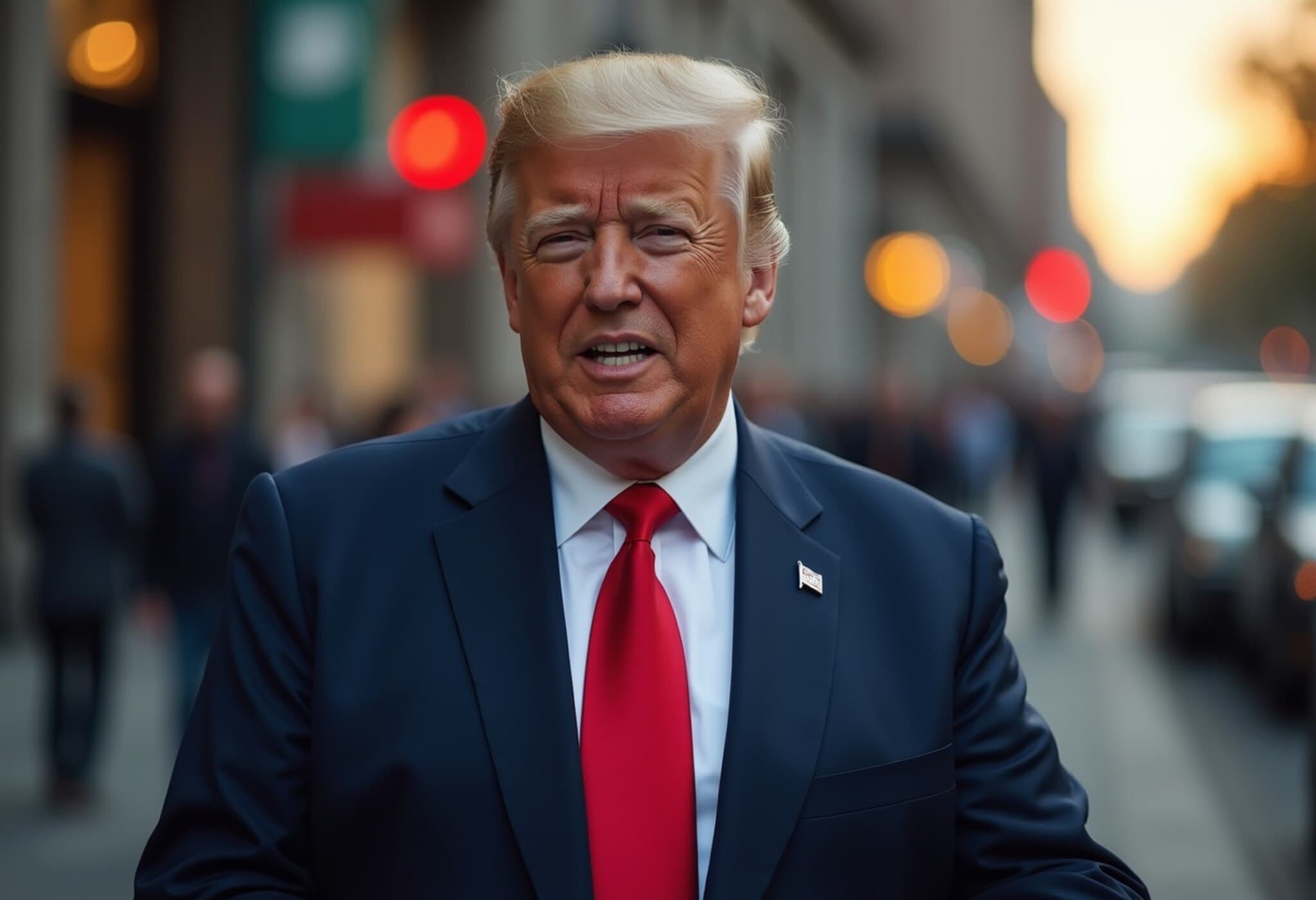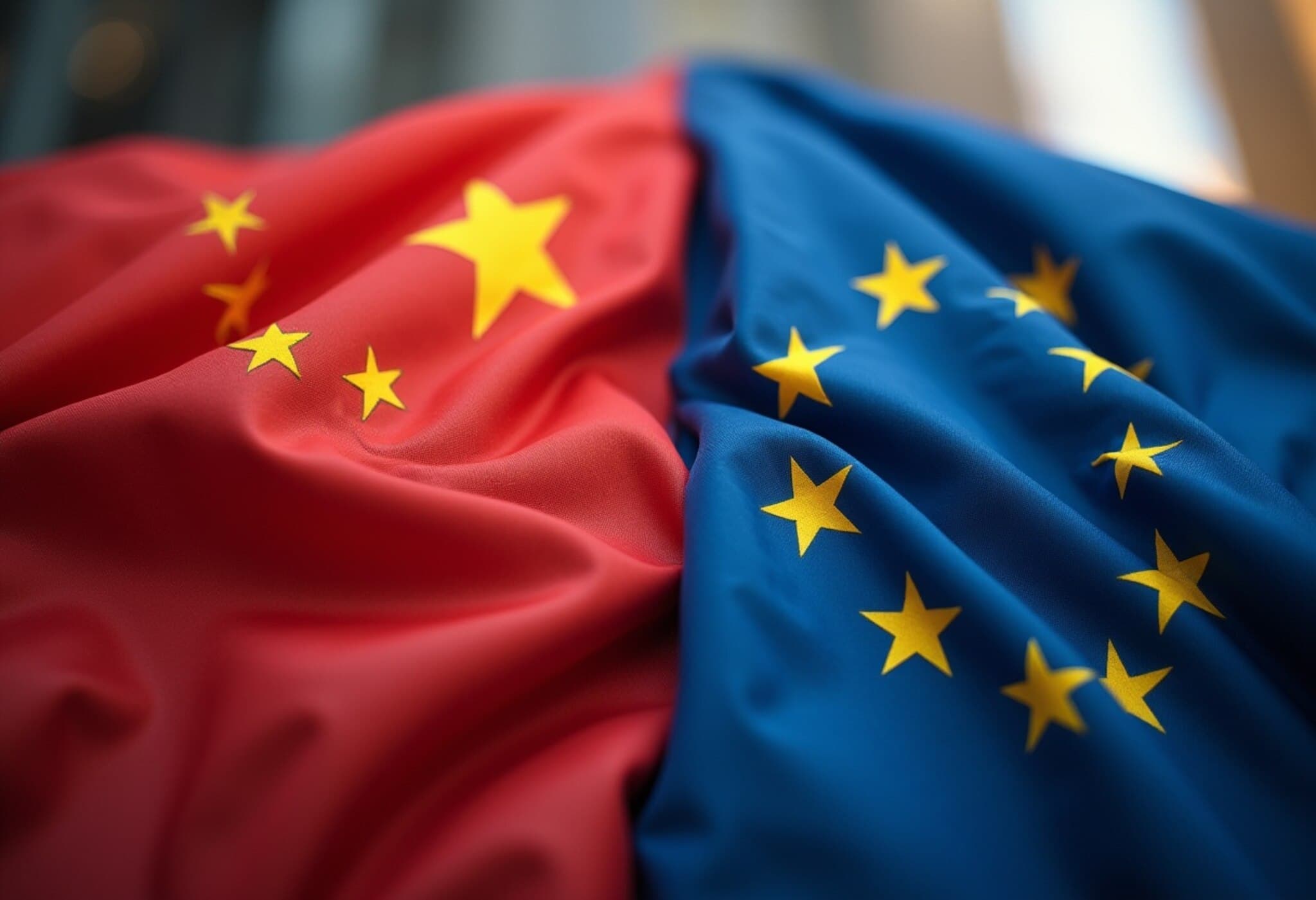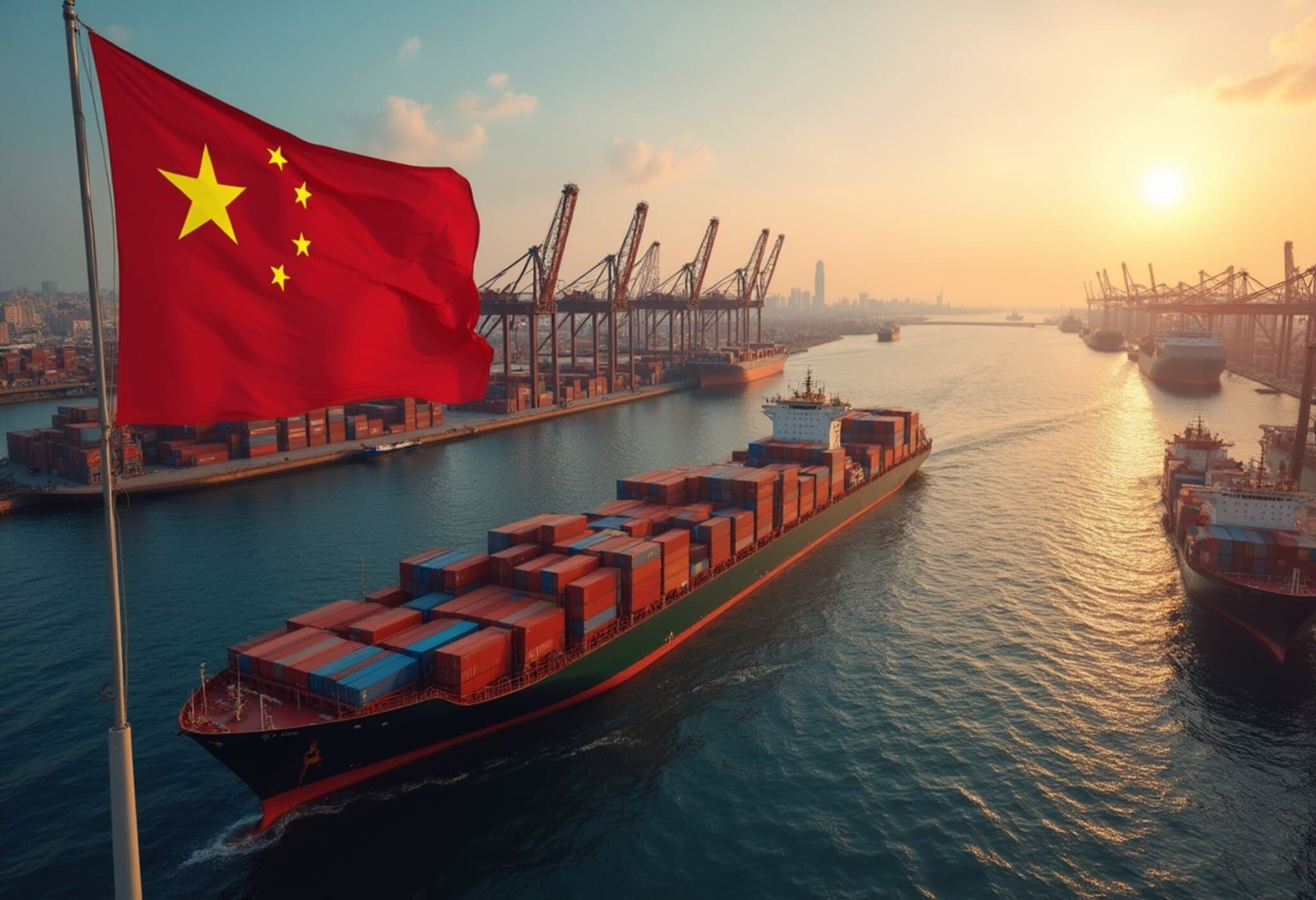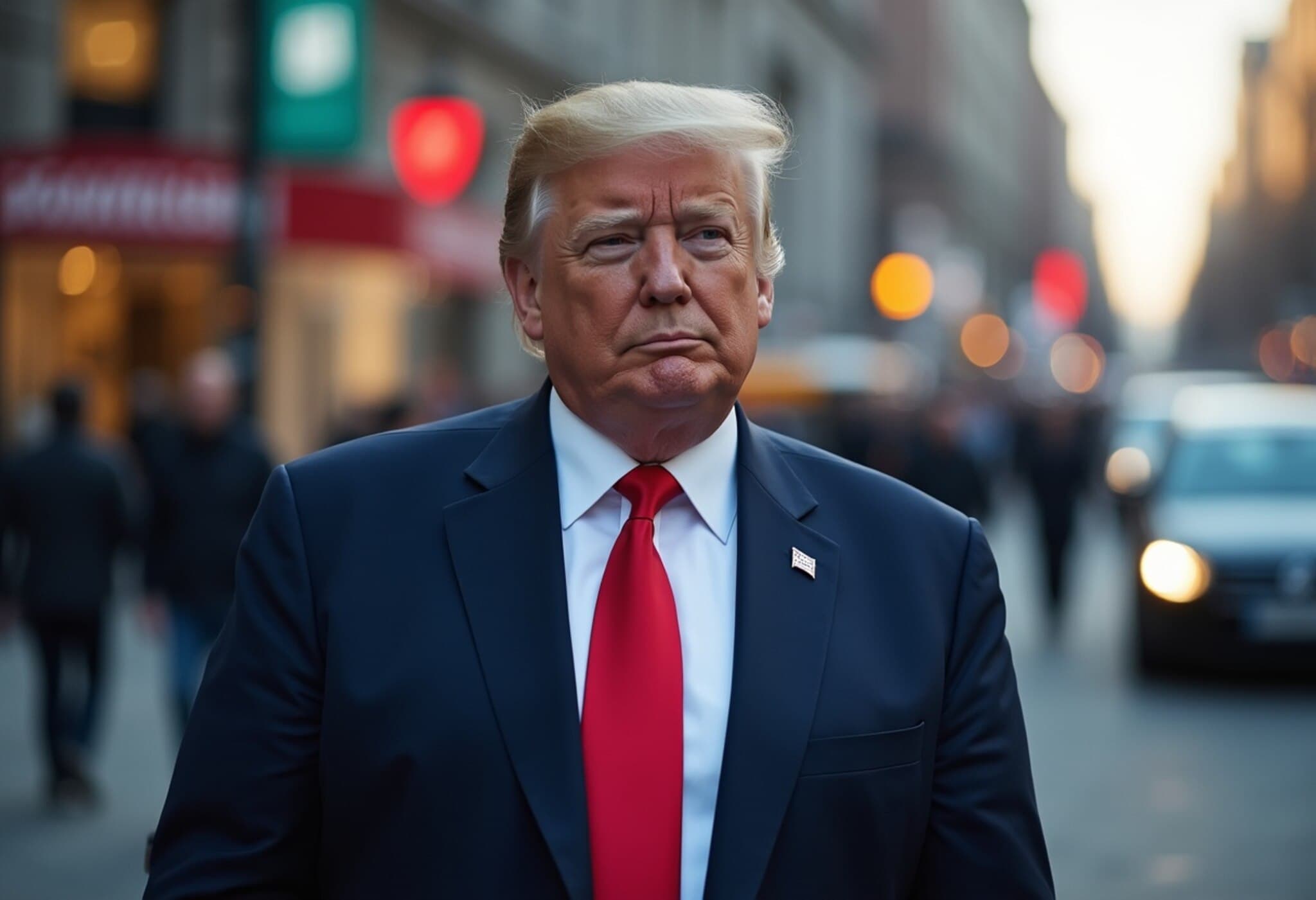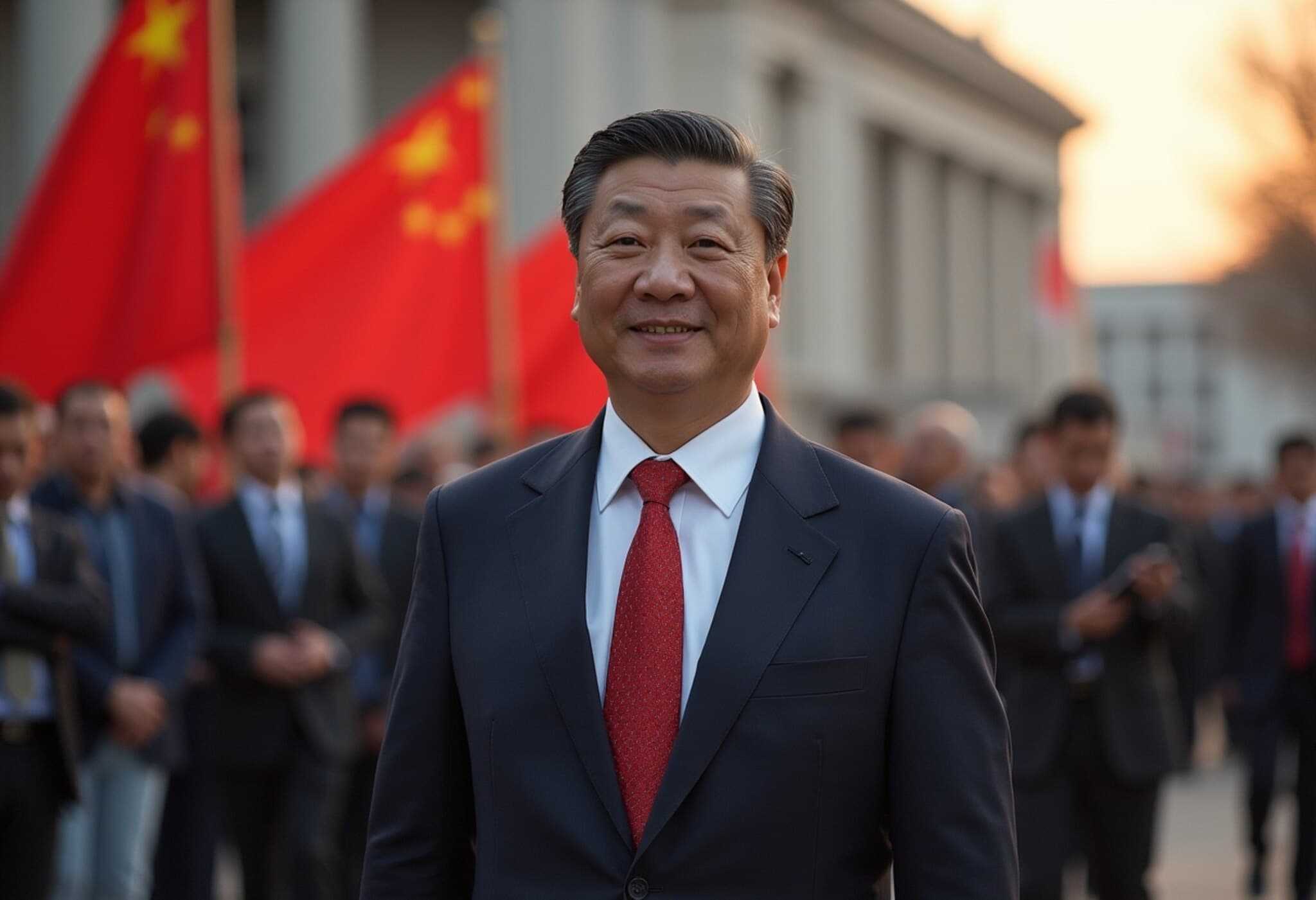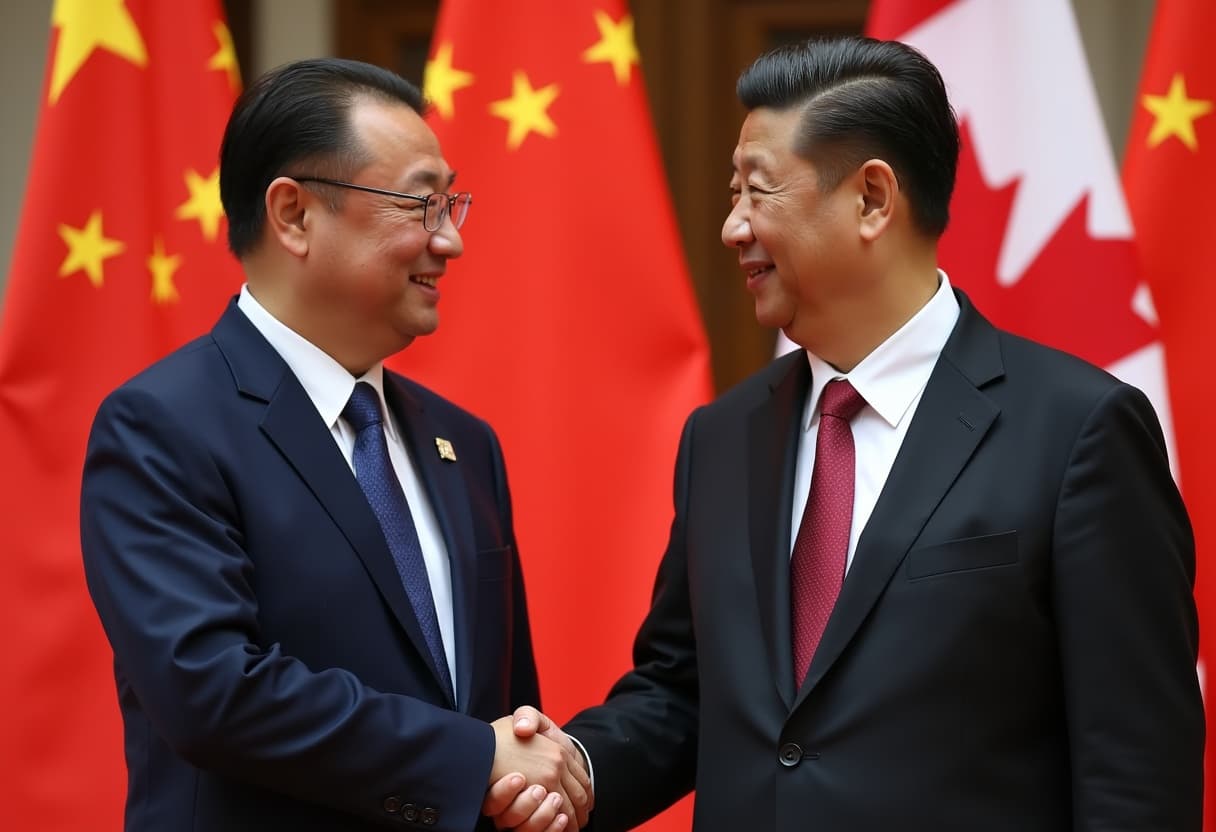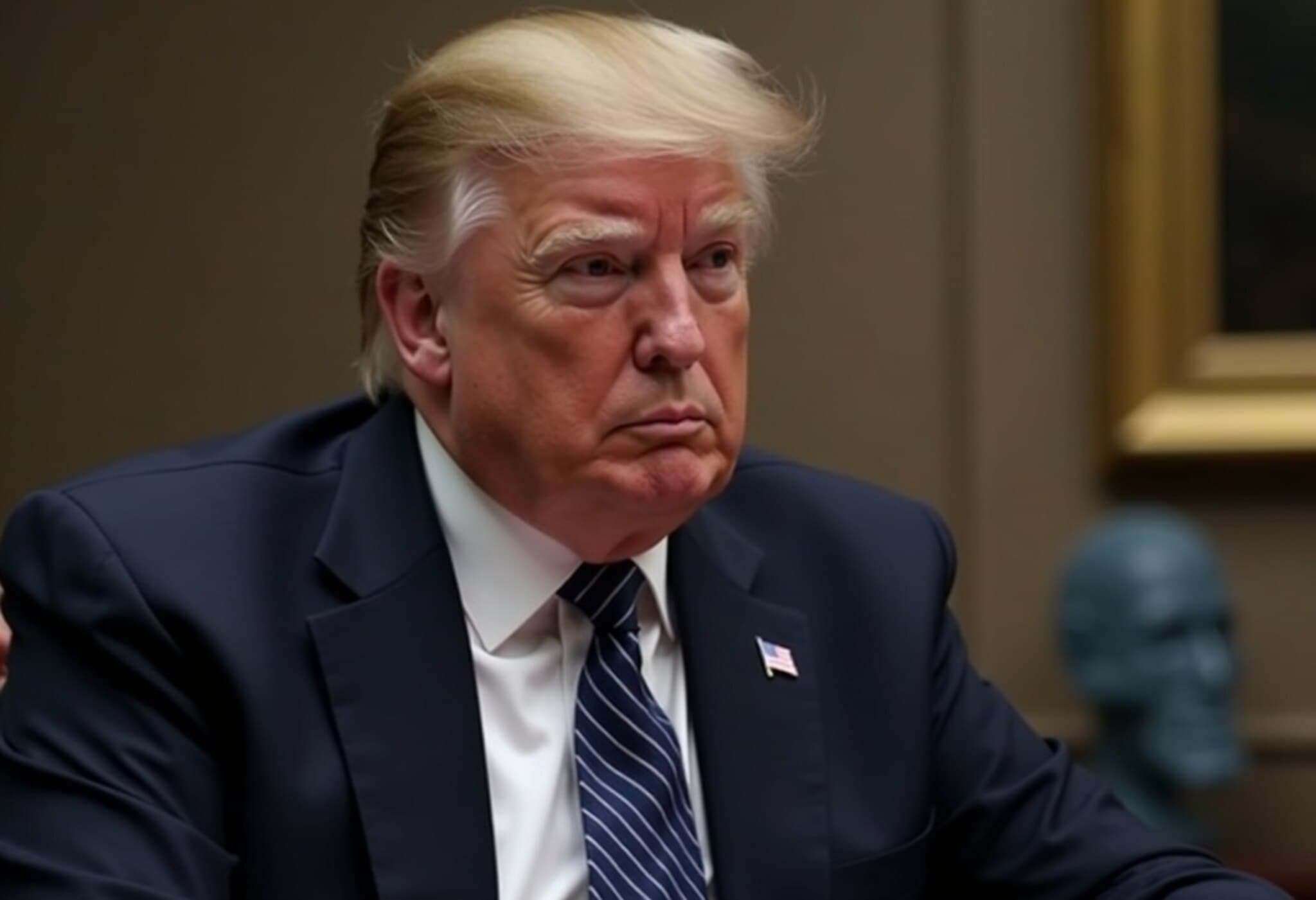AD Ports Group Establishes Strategic Presence in Beijing
In a bold step toward deepening international trade collaboration, AD Ports Group, a leading logistics and trade facilitator headquartered in the United Arab Emirates, has officially inaugurated its first office in Beijing, China. This milestone reflects a concerted effort to enhance bilateral trade, bolster logistics networks, and actively align with China’s ambitious Belt and Road Initiative (BRI).
Why Beijing? A Hub for Policy and Partnership
China’s capital city, Beijing, is more than just a geographic choice; it’s a strategic epicenter where key policy decisions and economic planning unfold. By embedding itself here, AD Ports Group positions itself at the crossroads of Chinese governmental affairs, facilitating direct dialogue and stronger ties with policymakers, investors, and commercial stakeholders. This proximity allows the Group to better synchronize its logistics and trade infrastructure projects with China’s long-term development goals.
Driving Trade and Logistics Across Asia
The new office is primed to serve as a crucial nerve center for expanding AD Ports Group’s footprint in Asia. With Asia’s rapidly evolving markets and the increasing complexity of global supply chains, the Group aims to streamline multimodal transport solutions that can adapt to emerging trade patterns. Their focus on deepening engagement with Chinese authorities and partners aligns with the growing demand for integrated, efficient, and sustainable logistics operations in the region.
Aligning with the Belt and Road Initiative
The Belt and Road Initiative remains a transformative project shaping infrastructure and trade corridors across Eurasia and beyond. AD Ports Group’s presence in Beijing symbolizes its firm commitment to playing a substantial role in this initiative. By tapping into maritime routes and land-based corridors championed by the BRI, the Group is poised to unlock new trade opportunities, facilitate smoother cargo flows, and contribute to infrastructure development projects that bolster regional connectivity.
UAE-China Trade Relations: A Growing Economic Partnership
The establishment of the Beijing office also highlights the dynamic nature of UAE-China economic relations. As global geopolitics evolve — notably with heightened scrutiny from the United States regarding technology and trade — the UAE is strategically fostering diversified partnerships, with China becoming an increasingly vital trade ally. This new chapter underlines the multifaceted cooperation that includes not just trade, but also investment and sustainable development agendas.
Business Growth and Global Expansion
AD Ports Group has demonstrated robust growth, with a 48% year-on-year revenue increase in 2024, reaching AED 17.29 billion, and continuing upward momentum in 2025 with an 18% gain to AED 4.60 billion in the first quarter. This growth is complemented by significant international ventures, such as a 25-year concession at Karachi Port in Pakistan and investments in new cargo terminals, illustrating a broader strategy to secure long-term global trade infrastructure assets.
Looking Ahead: What This Means for Global Trade
The Beijing office represents more than expansion; it's a calculated move to anchor AD Ports Group within the heart of one of the world's most influential economic landscapes. As global commerce recalibrates with shifting alliances and technological advancements, the Group’s enhanced presence in China could serve as a catalyst for more resilient and diversified trade routes, balancing geopolitical risks while driving economic growth.
Editor’s Note
The opening of AD Ports Group’s Beijing office is a vivid illustration of how trade facilitators are strategically navigating the complexities of global commerce amid evolving geopolitical dynamics. It prompts us to consider how emerging trade hubs and infrastructure initiatives like the Belt and Road will redefine supply chain resilience. Additionally, it raises questions about the implications for regional power balances, particularly with the United States closely monitoring technology transfers.
For policymakers and business leaders alike, this development underscores the importance of adaptable partnerships and diversified logistics frameworks in a rapidly globalizing world.

